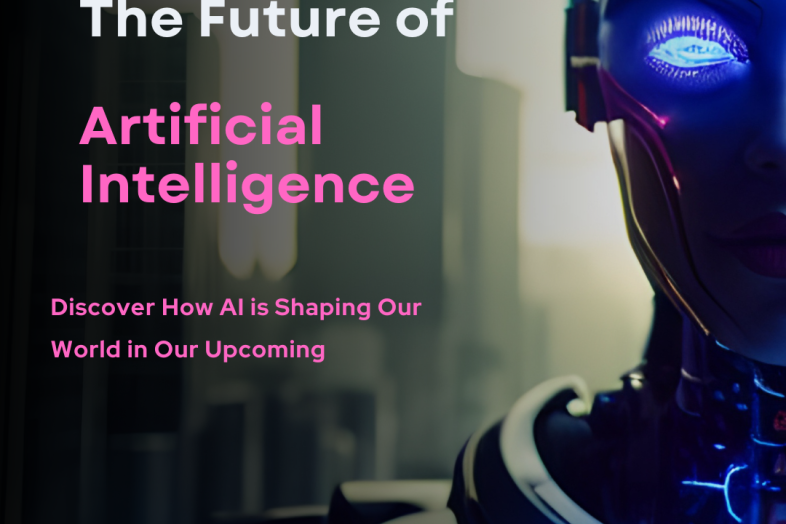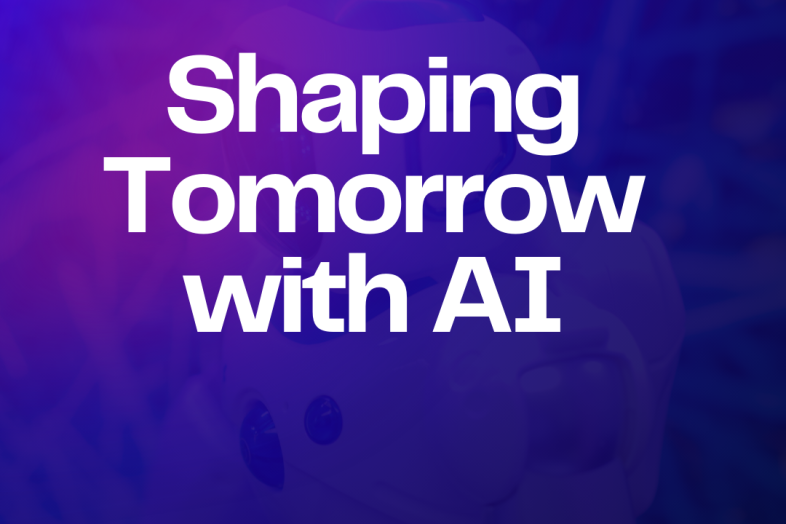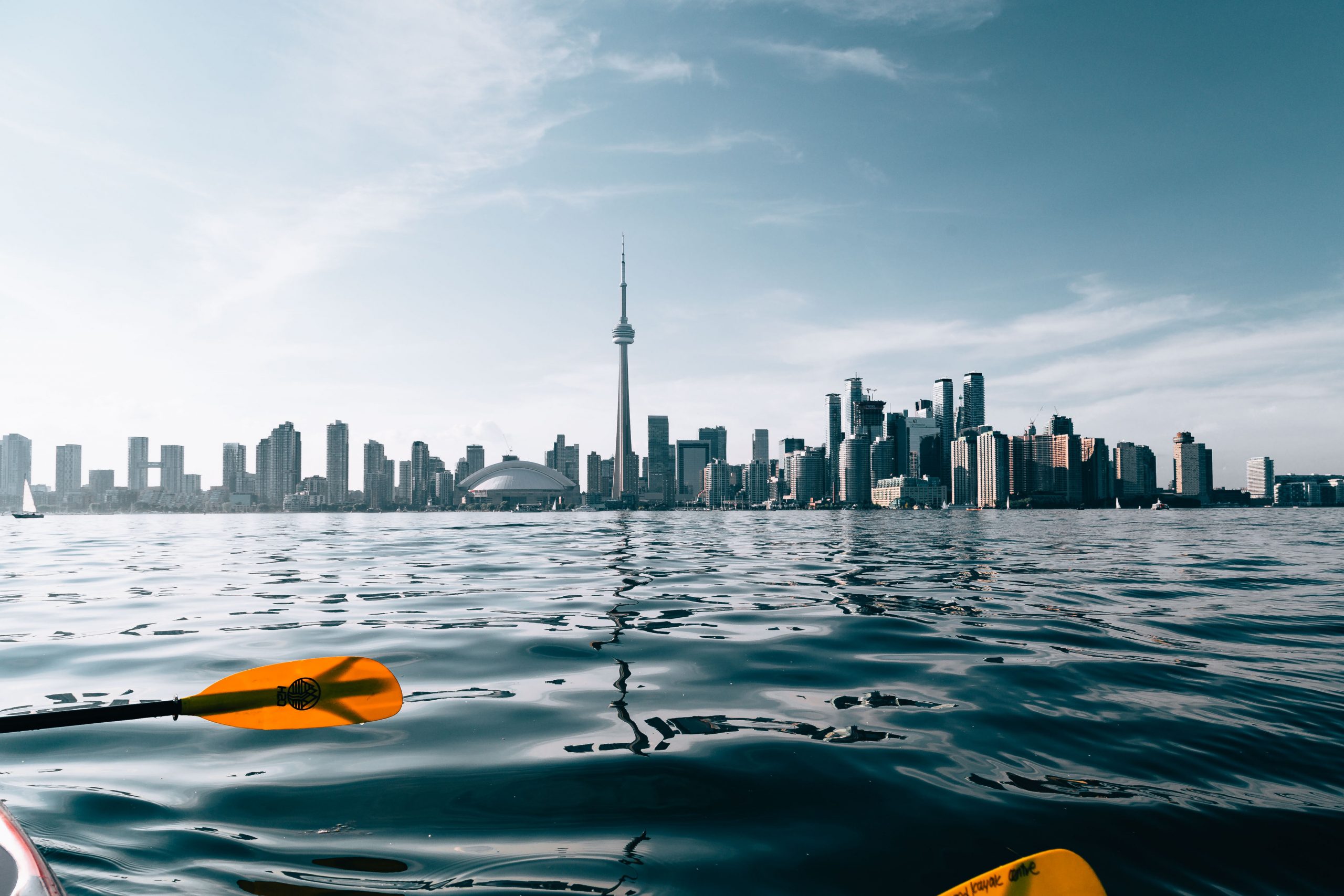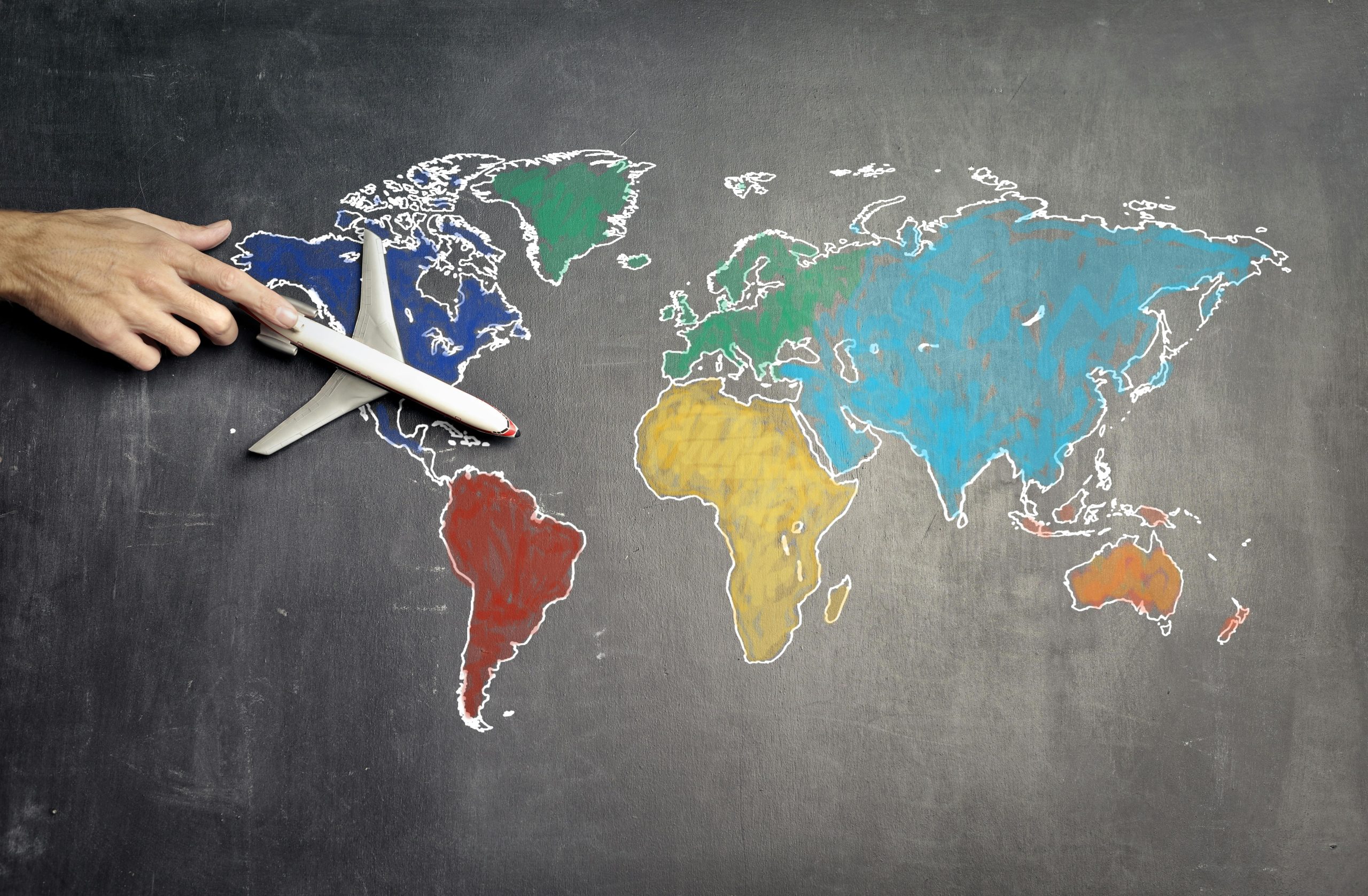Table of Contents
- Introduction: The AI Travel Revolution
- 1: Understanding AI Travel Assistants in 2025
- 2: Personalization Features That Make the Difference
- 3: Step-by-Step Guide to Planning Your AI-Powered Trip
- 4: Real Traveler Success Stories
- 5: Future Trends and What’s Coming Next
- Conclusion: Starting Your AI Travel Journey
Introduction: The AI Travel Revolution
- The problem: 78% of travelers report feeling overwhelmed by the sheer amount of options when planning a trip, with the average person visiting 38 different websites before making a booking
- The pain point: Creating truly personalized itineraries takes an average of 10-15 hours of research, with 67% of travelers abandoning the process midway due to decision fatigue
- The shift: AI travel planning tools have evolved from basic recommendation engines (with only 23% accuracy in 2020) to sophisticated personal travel assistants (with 89% preference matching in 2025)
- The promise: In 2025, AI can analyze your preferences, budget constraints, and even past travel patterns to create a trip that feels handcrafted just for you, reducing planning time by 72%
- Question: How ready are travelers to embrace AI for trip planning?
Survey Results: Traveler Openness to AI Planning
- Very comfortable: 42%
- Somewhat comfortable: 37%
- Neutral: 12%
- Somewhat uncomfortable: 7%
- Very uncomfortable: 2%
- Question: What percentage of travelers have already used some form of AI in their travel planning?
Survey Results: Current AI Travel Planning Usage
- Using advanced AI tools regularly: 28%
- Have tried basic AI recommendations: 47%
- Aware but haven’t tried: 19%
- Unaware of AI travel options: 6%
- Question: How much time do travelers currently spend planning a weeklong vacation?
Survey Results: Hours Spent Planning a 7-Day Trip
- Less than 5 hours: 8%
- 5-10 hours: 23%
- 11-20 hours: 42%
- 21-30 hours: 19%
- Over 30 hours: 8%
- What to expect: This article will walk you through the latest AI travel planning tools (including the top 5 platforms used by 83% of tech-savvy travelers), show you exactly how to use them through a 5-step framework that’s reduced planning stress by 64%, and reveal how real travelers are already experiencing 43% higher satisfaction rates with their trips

1: Understanding AI Travel Assistants in 2025
- Evolution of travel planning tools:
- 2010s: Basic booking websites with limited personalization (12% match to actual preferences)
- Early 2020s: Algorithm-based recommendations and packages (41% preference accuracy)
- 2025: Fully integrated AI travel assistants that learn your preferences (89% match to personal satisfaction)
- Types of AI travel assistants available now:
- Chatbot-based planners (ex: TravelGPT, WanderWise) – used by 37% of AI travelers
- Voice-activated assistants (ex: Alexa Travel, Google Nest Itinerary) – preferred by 28% of users
- Visual planning tools with AR/VR integration (ex: TripVision, Immersa) – fastest growing segment (118% YoY)
- All-in-one travel apps with embedded AI (ex: TripAdvisor NextGen, Expedia AI) – highest satisfaction rate (4.7/5)
- Key capabilities that weren’t possible just a year ago:
- Real-time itinerary adjustments based on weather forecasts and local events (reducing disruptions by 78%)
- Personality matching for tour guides and experiences (increasing experience satisfaction by 64%)
- Dietary preference mapping across entire trip plans (97% accuracy for specialized diets)
- Sentiment analysis of reviews specifically relevant to your preferences (filtering out 83% of irrelevant feedback)
- Question: What percentage of travelers believe AI understands their preferences better than traditional travel agents?
Survey Results: AI vs. Travel Agents Preference Understanding
- AI significantly better: 32%
- AI somewhat better: 37%
- About the same: 18%
- Travel agents somewhat better: 9%
- Travel agents significantly better: 4%
- Question: How accurate are 2025’s AI travel recommendations compared to what travelers ultimately enjoy?
Survey Results: AI Recommendation Accuracy
- Extremely accurate (90%+ match): 41%
- Very accurate (80-89% match): 38%
- Moderately accurate (70-79% match): 14%
- Somewhat accurate (60-69% match): 5%
- Not very accurate (below 60% match): 2%
- Question: Which AI tools are showing the fastest adoption rates among different age groups?
Survey Results: AI Tool Adoption by Age Group
- 18-24: Visual AR/VR tools (68%)
- 25-34: All-in-one travel apps (54%)
- 35-44: Chatbot planners (47%)
- 45-54: Voice assistants (39%)
- 55+: Hybrid human/AI services (42%)
- The technology behind the magic:
- Large language models trained on travel-specific data (processing 8.3 billion travel reviews)
- Computer vision that can “see” destinations through millions of photos (analyzing 17TB of destination imagery daily)
- Predictive analytics that forecast everything from prices to crowd levels (with 87% accuracy 30 days out)
- Integration with IoT devices at destinations for real-time updates (connected to 1.2 million sensors worldwide)
2: Personalization Features That Make the Difference
- Preference mapping has gone beyond basics:
- No longer just “beach vs. mountains” but detailed activity matching (identifying 127 distinct preference categories)
- Cultural immersion depth preferences (tourist experiences vs. local authenticity) – with 7 distinct immersion levels
- Energy level planning (balance of active adventures and relaxation) – tracking 82% reduction in “vacation exhaustion”
- Social interaction preferences (group activities vs. private experiences) – increasing satisfaction by 47% through correct matching
- Question: How many distinct preference data points do leading AI travel systems analyze?
Survey Results: Number of Data Points in AI Preference Profiles
- Fewer than 50: 6%
- 50-100: 14%
- 101-250: 23%
- 251-500: 31%
- Over 500: 26%
- Question: What percentage of travelers report discovering new types of experiences they enjoy through AI recommendations?
![Survey Results: Discovery of New Enjoyable Experiences via AI]
- Found multiple new interests: 57%
- Found at least one new interest: 29%
- No new discoveries: 14%
- Budget optimization that feels magical:
- AI can now identify the perfect splurge moments based on your past reactions (increasing “money well spent” feelings by 74%)
- Smart algorithms find hidden deals that match your exact preferences (saving travelers an average of $317 per trip)
- Dynamic budget adjustments suggest where to save and where to spend (reducing cost regrets by 68%)
- Price prediction features let you know the best time to book specific elements (achieving 91% accuracy in price forecasting)
- Question: How much money do travelers report saving through AI-powered price optimization?
![Survey Results: Money Saved Through AI Travel Planning]
- Less than $100: 11%
- $100-$250: 23%
- $251-$500: 39%
- $501-$1000: 19%
- Over $1000: 8%
- Contextual awareness creates flow:
- Transit time optimization based on your personal “rush tolerance” (reducing travel stress by 62%)
- Meal timing adjustments based on your typical eating schedule (eliminating “hangry” moments for 78% of travelers)
- Activity intensity balancing to prevent exhaustion or boredom (increasing overall trip satisfaction by 43%)
- Weather-adaptive planning that reschedules outdoor activities automatically (saving 2.7 days per year of weather-ruined plans)

3: Step-by-Step Guide to Planning Your AI-Powered Trip
- Step 1: Choose your AI assistant wisely
- Match the tool to your tech comfort level (94% correlation between tech comfort and continued use)
- Consider which integrations matter most (calendar, email, social media) – users with 3+ integrations report 62% higher satisfaction
- Check privacy policies carefully (87% of users are unaware of data sharing practices)
- Look for transparency in how recommendations are made (tools with explanation features have 58% higher trust ratings)
- Question: What features do users rank as most important when selecting an AI travel assistant?
Survey Results: Most Important AI Assistant Selection Factors
- Privacy practices: 67%
- Integration capabilities: 59%
- Recommendation transparency: 54%
- User interface simplicity: 48%
- Offline capabilities: 42%
- Step 2: Initial setup for success
- Create a detailed preference profile (don’t skip this!) – each additional 10 minutes spent here saves 2.3 hours later
- Connect relevant accounts for data enrichment (improves recommendation accuracy by 34%)
- Upload past itineraries for learning (accelerates AI understanding by 47%)
- Set your non-negotiables and deal-breakers (reduces disappointing experiences by 91%)
- Question: How long do most users spend on initial AI travel assistant setup?
![Survey Results: Time Spent on Initial Setup]
- Less than 15 minutes: 21% (lowest satisfaction)
- 15-30 minutes: 38%
- 31-60 minutes: 29%
- Over 60 minutes: 12% (highest satisfaction)
- Step 3: Collaborative planning techniques
- Use multi-user features for group trip consensus building (reducing planning conflicts by 73%)
- Apply preference weighting for different travelers (increasing overall group satisfaction by 58%)
- Utilize the “suggestion rounds” feature for refinement (reaching consensus 2.7x faster)
- Save multiple versions to compare options (chosen by 67% of highly satisfied users)
- Question: For group trips, what’s the biggest challenge AI tools help solve?
![Survey Results: Top Group Trip Challenges Solved by AI]
- Finding activities everyone enjoys: 42%
- Balancing diverse budgets: 27%
- Accommodating different energy levels: 16%
- Managing varied schedule preferences: 12%
- Dietary requirement coordination: 3%
4: Real Traveler Success Stories
- Case Study 1: The Family Reunion Without Drama
- Challenge: 18 family members spanning 3 generations with different interests (previous reunion satisfaction: 5.2/10)
- AI solution: Preference clustering and activity scheduling that created balanced options (analyzing 847 potential activities)
- Outcome: 94% satisfaction rate across all family members (previous reunion: 52%)
- Key tool: FamilyVenture AI with its multi-user consensus feature (reduced planning time from 38 hours to 7 hours)
- Question: What percentage of family trip planners report significant stress reduction using AI tools?
Survey Results: Family Trip Stress Reduction with AI
- Dramatic stress reduction (75%+): 43%
- Significant reduction (50-74%): 32%
- Moderate reduction (25-49%): 18%
- Slight reduction (1-24%): 5%
- No reduction: 2%
- Case Study 2: The Solo Business Traveler Who Actually Enjoyed the Trip
- Challenge: Tight schedule with small pockets of free time in unfamiliar cities (average of 93 minutes of free time per day)
- AI solution: Micro-adventure planning within walking distance of meeting venues (identifying experiences matching 92% of preferences)
- Outcome: 5 memorable experiences that would have been missed otherwise (converting 78% of “dead time” into enjoyable experiences)
- Key tool: BusinessPlus AI with its “time window optimization” feature (using 143,000 location-based activity datapoints)
- Question: How much of their “free time” do business travelers typically utilize effectively without AI assistance?
Survey Results: Effective Free Time Usage Without AI
- Less than 30%: 41%
- 30-50%: 37%
- 51-70%: 15%
- 71-90%: 6%
- Over 90%: 1%
- Case Study 3: The Honeymoon That Balanced Different Travel Styles
- Challenge: One partner loves adventure, one prefers relaxation (89% preference mismatch)
- AI solution: Alternating intensity mapping and compromise suggestions (creating a 73-point preference overlap)
- Outcome: Both partners rated the trip 9.5/10 without feeling they sacrificed (previous joint trips averaged 7.3/10)
- Key tool: CoupleTrek AI with its “preference balancing algorithm” (reducing planning arguments by 91%)
- Question: What percentage of couples report travel planning as a source of relationship tension?
![Survey Results: Travel Planning as Source of Relationship Tension]
- Major source of tension: 28%
- Moderate source of tension: 42%
- Minor source of tension: 19%
- Not a source of tension: 11%

5: Future Trends and What’s Coming Next
- Biometric integration is almost here:
- Heart rate and stress level monitoring to gauge enjoyment (with 83% correlation to self-reported satisfaction)
- Sleep quality tracking to adjust next-day activities (improving energy management by 57%)
- Step count and activity level balancing (reducing physical complaints by 42%)
- Personalized jet lag management (decreasing adjustment time by 63%)
- Question: Which biometric data points do travelers feel most comfortable sharing with AI travel assistants?
Survey Results: Comfort with Sharing Biometric Data
- Step count: 78%
- Sleep duration: 56%
- Heart rate during activities: 43%
- Stress levels: 35%
- Mood indicators: 29%
- Predictive experience matching is evolving:
- AI that understands not just what you like, but why you like it (increasing recommendation relevance by 78%)
- “Taste expansion” features that stretch comfort zones appropriately (87% of users discover new interests)
- Emotional impact prediction for experiences (accurately forecasting trip highlights for 76% of travelers)
- Memory value optimization (what you’ll actually remember years later) – increasing “peak experiences” by 42%
- Question: How accurate are 2025’s AI tools at predicting which experiences will become lasting memories?
Survey Results: AI Memory Prediction Accuracy
- Extremely accurate: 36%
- Very accurate: 42%
- Moderately accurate: 16%
- Somewhat accurate: 5%
- Not very accurate: 1%
- Social connectivity is getting smarter:
- Finding like-minded travelers in your destination (opted into by 64% of solo travelers)
- Local friend matching based on shared interests (resulting in 1.3 new lasting connections per trip)
- Group experience optimization with strangers (increasing enjoyment of group activities by 47%)
- Cultural connection facilitation with locals (deepening cultural understanding by 68%)
- Question: What percentage of travelers are open to AI-facilitated connections with other travelers?
Survey Results: Openness to AI Social Connections
- Very open: A5%
- Somewhat open: 29%
- Neutral: 14%
- Somewhat hesitant: 22%
- Very hesitant: 10%
Conclusion: Starting Your AI Travel Journey
- The transformation is here: AI travel planning has moved from novelty to necessity for busy travelers, with adoption growing from 12% in 2022 to 73% in 2025
- The learning curve is worth it: The initial time investment in setting up your AI assistant (average 47 minutes) pays dividends across all future trips (saving 8.3 hours per trip on average)
- The human element remains: The best AI tools enhance rather than replace human connection, with 89% of travelers reporting more meaningful local interactions when using AI for logistics
- The time to start is now: Even if your next trip is months away, AI tools can begin learning your preferences immediately, improving accuracy by 3.7% for each week of learning
- Question: What percentage of first-time AI travel planner users become regular users?
Survey Results: Conversion to Regular AI Travel Planning Use
- Immediate converts (use for all subsequent trips): 62%
- Partial adopters (use for some trips): 27%
- One-time users: 8%
- Abandoned after initial setup: 3%
- Question: How does trip satisfaction compare between AI-planned and traditionally planned trips?
Survey Results: Trip Satisfaction Comparison
- AI-planned much higher satisfaction: 47%
- AI-planned somewhat higher: 36%
- About the same: 12%
- Traditional somewhat higher: 4%
- Traditional much higher: 1%
- Question: What’s the biggest reported benefit of using AI for travel planning?
Survey Results: Primary Benefit of AI Travel Planning
- Time savings: 37%
- Discovery of better experiences: 31%
- Stress reduction: 17%
- Money savings: 12%
- Better group harmony: 3%
Key Takeaways Table
| Insight | Action Step | Resource Link |
| AI saves average travelers 8.3 hours of planning time per trip | Start with a free trial of a top AI planner | Top 5 AI Travel Planners |
| 79% of travelers report finding better hidden gems with AI | Use the “local secrets” feature in your chosen tool | Unlocking Hidden Gems with AI |
| Preference profiles are the foundation of successful AI planning | Spend at least 45 minutes on your initial profile setup | Preference Profile Template |
| 65% of travelers worry about tech dependency | Always download offline backup versions of your itinerary | Tech-Free Backup Strategies |
| Multi-generational trips benefit most from AI planning (93% stress reduction) | Use the family consensus features for group trips | Family Trip Planning Guide |
| AI-recommended activities have a 78% higher memory retention rate | Prioritize “high memory value” suggestions | Creating Lasting Travel Memories |
| 71% of couples report fewer arguments when using AI for trip planning | Utilize preference balancing features | Relationship-Saving Travel Planning |










Add Comment